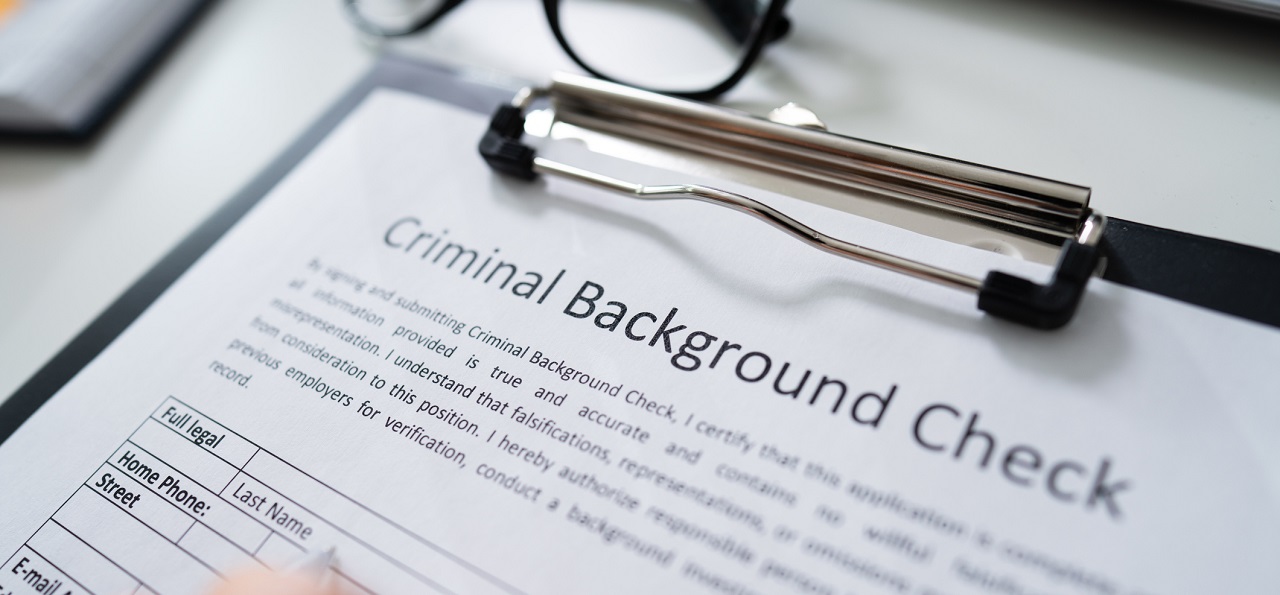As discussed last week in CWS 3.0, a review of your background screening policies provides numerous benefits, such as improved candidate engagement and time to fill, protecting and even burnishing the employer brand, and more. However, with federal, state and local jurisdictions increasingly pushing regulations to protect prospective hires — both contingent and staff — from potential unfair policies, contingent workforce programs should proceed with caution.
Remember that mitigating your risk is the purpose behind background checks and should remain top of mind as you work to comply with regulations. Here are some of the major areas to navigate.
Restrictions on Pre-Employment Background Checks
Title VII of the Civil Rights Act of 1964 prohibits discrimination based on race, color, national origin, sex, religion, disability, genetic information (including family medical history) and age. Criminal history is not a characteristic protected by Title VII, write Brian Clark and Sarah Fucci of law firm Venable LLP in a blog post. However, the use of criminal history in employment decisions can violate Title VII if it is done in a discriminatory manner. For example, if an employer denies employment to an applicant from a protected class based on a criminal background and a similarly situated applicant is not denied employment, the employer may be in violation of Title VII. Likewise, a neutral policy that has the disproportionate effect of screening out protected groups may also violate Title VII.
One example provided by the Equal Employment Opportunity Commission: The employer rejected an African American applicant based on his criminal record but hired a similarly situated white applicant with a comparable criminal record.
Meanwhile, the Fair Credit Reporting Act restricts what information a credit reporting agency can retrieve and disseminate and what information employers can use in hiring decisions, according to Venable LLP. In addition, under the FCRA, employers must give written notice of their intent to run a background check, obtain written consent before conducting the background check, provide the candidate with a copy of the background check results and give them an opportunity to dispute any inaccuracies before making a final hiring decision.
“While federal laws set a starting point for regulating pre-employment background checks, most of the restrictions on employers and the protections offered to applicants during this aspect of the hiring process come from state and local laws,” the blog post states. “Employment verification, education verification, reference checks and other types of non-criminal background checks are generally subject to very little regulation. Instead, they are typically governed by an employer’s policies and procedures, which should be applied consistently to all candidates to avoid potential discrimination claims.”
Criminal history background checks are heavily regulated in most states and cities. A common restriction is a complete ban on statements in job postings indicating that those with a criminal history should not apply and on questions on job applications asking whether the applicant has a criminal history, also known as “ban the box” laws. Some states and cities only prohibit employers from inquiring about criminal history prior to an interview, such as Maryland. Others, such as New York City and California, go further and prohibit inquiries about criminal history until after a conditional offer of employment is made.
Another common restriction is the use of criminal history in making an employment decision. In New York, for example, an employer cannot withdraw a conditional offer based on the results of a background check absent a direct relationship between the criminal history and the position for which the person applied or if their employment would create an unreasonable risk to the property, safety and welfare of certain individuals or to the general public. Some states, including New York, also require employers to provide rejected employees (or those whose offer was rescinded) based on criminal history with a written copy of the results, a written explanation of the employer’s basis for its decision and time to respond.
Clean Slate and Fair Chance Laws
At the state and local levels, “clean slate” laws are popping up that allow the removal of certain types of criminal records from the public court record — either directly by the courts or through an application process initiated by individuals. The laws are intended to increase employment opportunities for first-time offenders of low-level crimes.
“This means that in some cases, records that were previously available for background screening purposes are no longer available,” says Angela Preston, senior VP and counsel, corporate ethics and compliance at Sterling, a background screening and identity verification provider. “In light of these laws, and anticipating the impact on making hiring decisions, employers are reconsidering their policies and what types of offenses they consider to be impactful on employment in light of the job requirements and impact on safety and organizational risk.”
Meanwhile, “fair chance” laws create new requirements for employers when considering criminal records in the hiring process.
Employers in California, for example, now need to conduct preliminary initial assessments of criminal history information before taking adverse action on a candidate, Preston explains. They must also give candidates additional opportunities to respond and provide additional documentation or mitigating information.
“Many employers are already doing this informally, but in light of the new legal requirements, they should revisit their practices and policies with legal counsel and document their practices to ensure they have a record of compliance,” Preston advises.
This series concludes in the next issue of CWS 3.0 with a discussion of ID verification and the effect of artificial intelligence on the background check process.









